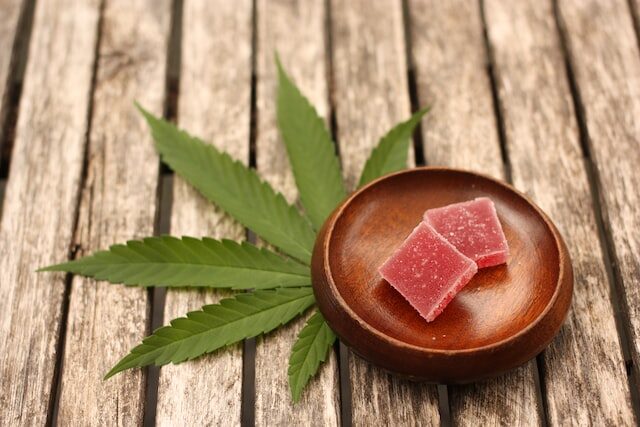When choosing a supplement, read the label carefully and research. Some cannabinoids have several potentially serious side effects. Fortunately, these effects are usually temporary. You should also be aware of the risks associated with edibles containing these compounds. Some people are at risk of accidentally poisoning themselves by consuming too much.
Cannabinoid side effects can be temporary
Some side effects can be associated with cannabis use. Some users have reported drowsiness and dizziness, though these side effects are temporary. Cannabinoids have also been shown to help slow cancer cell growth and limit their spread.
Cannabinoids act by binding to specific receptors on the surface of cells. There are two main types, one in the brain and one in the immune system. Together, these receptors make up the endocannabinoid system, which regulates multiple bodily functions. The cannabinoid THC looks very similar to the endocannabinoids produced by the body.
Researchers have conducted hundreds of studies on cannabinoids and the endocannabinoid system. While many of these studies have shown positive results, there is still no proof that cannabinoids can help fight cancer. In addition, most studies have used cancer cells cultured in a laboratory or on animals. Nevertheless, these studies can provide early indications of whether cannabinoid treatments work.
Cannabinoid treatment for autism
Several clinical trials have looked at the benefits of cannabinoid treatment for autism. These studies have found that cannabinoids improve autism symptoms in many cases. The endocannabinoid system (ECS) regulates many functions in the body, including cell function, homeostasis, and the control of emotion and social behavior. The ECS also influences gut permeability, which may explain how cannabinoid treatments affect autistic patients.
Cannabinoids have been shown to improve social symptoms in children with autism. In a recent case study, a 12-year-old child with autism was treated with cannabinoids. The child experienced a 20:1 ratio of CBD to THC. The study concluded that the drug significantly reduced behavioral symptoms and improved communication in the child.
Children with autism have a lowered ability to interpret non-verbal cues. They also have difficulties interacting with peers and engaging in imaginative play. Cannabis may help alleviate these symptoms by restoring balance to the central nervous system, so many were looking for CBC wholesale. The therapeutic properties of cannabinoids may also help with other autism symptoms, such as seizures. Additionally, the anti-inflammatory effects of CBD and tetrahydrocannabinol acid (THCA) may improve concentration.
Cannabinoid edibles
There are a few real-life lessons about cannabinoid edibles that you should keep in mind. First, edibles should be stored safely and out of reach of children and other family members. Although marijuana has been shown to have many beneficial effects, there are risks associated with ingesting it. For example, consuming too much cannabis can have adverse health effects.
Second, edibles take longer to work. The effects are gradual and last longer than smoking a joint. Third, THC-induced edibles can leave you feeling like you are in an insufficient space. This can be especially problematic if you have a low tolerance or are very sensitive to THC.
Last, it is essential to know the right dosage. Generally, 5 milligrams of THC is a safe dosage. However, you should consult your doctor if you have a medical condition or are taking medication.
Cannabinoid edibles can cause accidental poisoning
In recent years, there has been a sharp increase in calls to the Upstate New York Poison Center related to marijuana edibles. The number of calls has doubled in just four years, and the increase is even more significant for children under five. The Poison Center has already handled seven marijuana edible poisoning cases this year, which could make this the most critical year in the center’s 65-year history.
The American Academy of Pediatrics recommends that edibles be kept out of reach of young children. The study also found that parents, neighbors, and friends were the most common sources of accidental cannabis exposure in children. It is important to remember that children will mimic the behavior of their parents and others.
THC in edibles varies, but many contain potentially toxic levels. For example, a single ounce of THC-infused Doritos nacho cheese chips has 600 milligrams of THC, which is enough to cause dangerous side effects for a child. Moreover, even if a child eats only a small amount of the drug, it could lead to severe side effects such as seizures or difficulty breathing.

